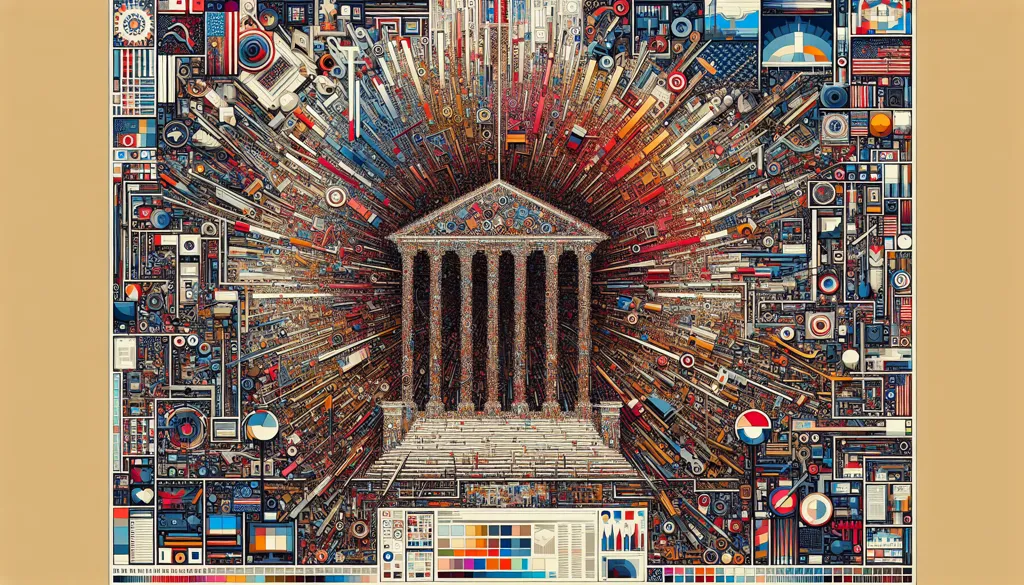The Looming Government Shutdown: A Crisis of Political Brinkmanship
As the holiday season approaches, the United States is once again on the brink of a government shutdown. The complex interplay of political strategies and power struggles has cast a shadow over the festive period, threatening to disrupt the lives of millions of Americans. At the center of this turmoil is President-elect Donald Trump's rejection of a bipartisan spending plan, a move that has left Congress scrambling to find a resolution in time.
The Impasse and Its Players
The situation escalated when President-elect Trump refused to back a carefully negotiated bipartisan plan aimed at averting a government shutdown. This decision came just days before the deadline for federal funding, throwing Congress into disarray. Speaker Mike Johnson and the Republican leadership are now tasked with renegotiating under immense pressure.
Trump's demands include addressing the nation's debt ceiling, a contentious issue that divides even his own party. While some Republicans, like Senator Ted Budd of North Carolina, see merit in tackling the debt ceiling early, others, like Senator Mike Rounds of South Dakota, question the feasibility of such a move given the time constraints.
The Fallout of a Shutdown
A government shutdown would have widespread implications. Federal workers, including military personnel and TSA agents, could face delays in receiving paychecks, affecting their families' holiday plans. During the last shutdown in 2018-2019, many federal employees were forced to turn to food banks to make ends meet.
Essential services like Social Security would continue, but non-essential services could see significant disruptions. The Smithsonian museums and the National Zoo, for instance, might have to close temporarily, depriving families of holiday outings.
Political Reactions and Public Sentiment
The political landscape is fraught with tension. Democrats have been quick to criticize Trump's move, emphasizing the potential hardships a shutdown would impose on ordinary Americans. House Democratic Leader Hakeem Jeffries has stated that Republicans will bear the responsibility for any negative fallout.
Meanwhile, figures like Elon Musk and Vivek Ramaswamy have used their platforms to voice opposition to the spending measure, further complicating the narrative. Musk's involvement, in particular, highlights the growing influence of non-political figures in governmental affairs.
Historical Context and Future Implications
This isn't the first time the U.S. has faced a shutdown crisis. The longest shutdown in history occurred just a few years ago, costing the economy billions and leaving a lasting impact on public trust in government institutions. The current situation echoes past crises, raising questions about the efficiency and stability of the political system.
As lawmakers race against time, the need for a long-term solution becomes increasingly evident. The reliance on temporary fixes like continuing resolutions (CRs) is not sustainable, and the cycle of brinkmanship must end if the government is to function effectively.
Conclusion: A Call for Pragmatism and Unity
The looming government shutdown serves as a stark reminder of the fragile nature of political agreements and the profound impact of leadership decisions. As a moderate Midwesterner and mother, I can't help but feel a deep concern for the uncertainty facing families across the nation. It is crucial for leaders on both sides to come together, prioritize the well-being of their constituents, and find common ground. Only through pragmatic dialogue and compromise can we hope to navigate these turbulent times and ensure a stable future for all Americans.

